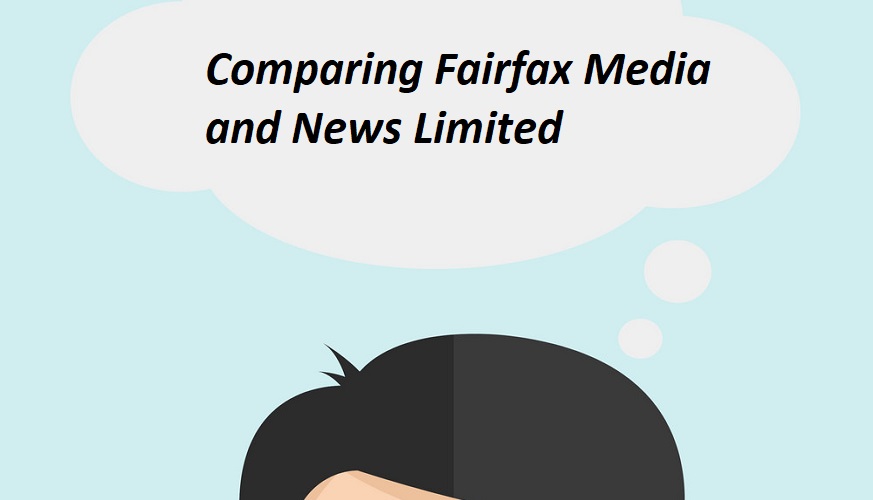Why Most Commercial Lawyers Normally Recommend Written Agreements Over Oral Agreements
In the commercial world, businesses make agreements with individuals and other businesses every minute of every day, and if you ask the commercial lawyers whether those agreements should be made orally or written, then the majority are highly likely to advise it should be the latter.
There are several reasons why commercial lawyers might prefer written agreements to oral ones, but to understand why, it is important to understand what the main differences are from a legal perspective, rather than simply the physical differences between them.
An Oral Agreement And Its Legal Standing
An oral agreement is one where both parties have agreed to a course of action or outcome verbally, however, a verbal agreement does not necessarily mean that a legal and binding contract has been entered into. For it to be the case that the verbal agreement forms a legally binding contract, three key elements must be in place.
- Offer And Acceptance
The first element is that one party must have made a legitimate offer, and the other party must have clearly accepted that offer. In addition, what the offer includes and is agreed to must be clear concerning all its essential terms, with no omissions or anything yet to be negotiated incomplete.













